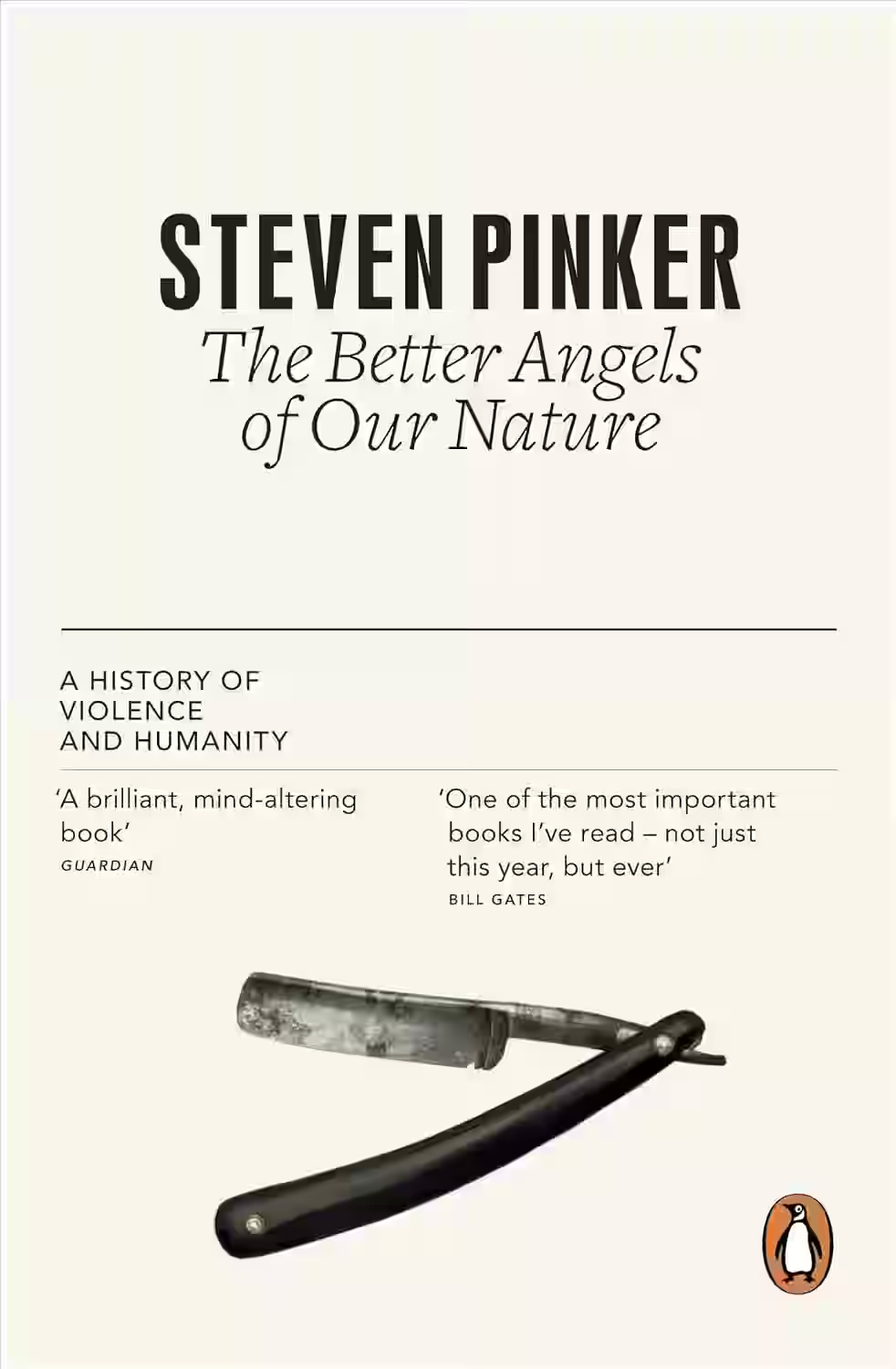
In The Better Angels of Our Nature, cognitive scientist Steven Pinker argues that, contrary to popular belief, violence has declined significantly over human history. Drawing on data from psychology, history, and political science, Pinker examines how societal changes—such as the spread of literacy, trade, and centralized governance—have contributed to a more peaceful world. He identifies forces like empathy, reason, and moral progress as "better angels" guiding human behavior. Though controversial, the book provides a compelling, data-driven narrative that challenges pessimistic views of human nature and makes a bold case for the progress of civilization over the centuries.
About Steven Pinker
Steven Pinker is a Canadian-American cognitive psychologist, linguist, and popular science author known for his exploration of language, human nature, and societal progress. A professor at Harvard University, Pinker has written influential books such as The Language Instinct, The Blank Slate, The Better Angels of Our Nature, and Enlightenment Now. His work blends rigorous scientific research with accessible, persuasive prose, often defending Enlightenment values like reason, science, and humanism. Pinker is both celebrated and critiqued for his optimistic view of human progress, and he remains a prominent public intellectual in debates about psychology, politics, and the future of civilization.
Other Books by Steven Pinker
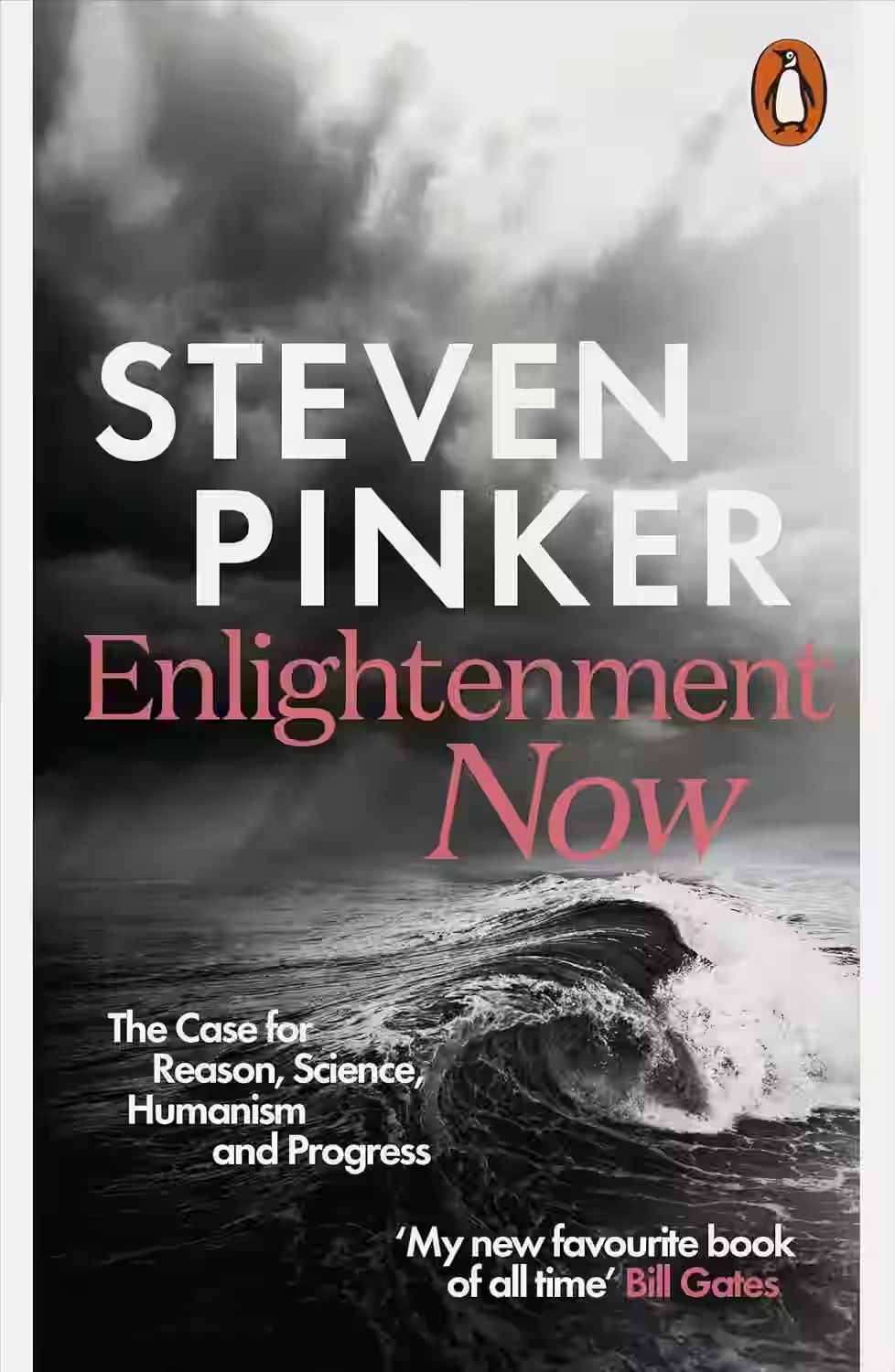
Enlightenment Now
In Enlightenment Now, Steven Pinker defends the values of reason, science, humanism, and progress as the driving forces behind global improvements in health, wealth, safety, and freedom. Using data and visualizations, he argues that despite the doom-and-gloom narratives of modern media, the world is improving across nearly every measurable domain. Pinker traces these advances to Enlightenment principles, advocating for their continued relevance in addressing today’s challenges. Though some critics view his optimism as overly confident, the book offers a powerful counterpoint to cynicism and a celebration of humanity’s capacity to solve problems through knowledge and cooperation.
Similar Books
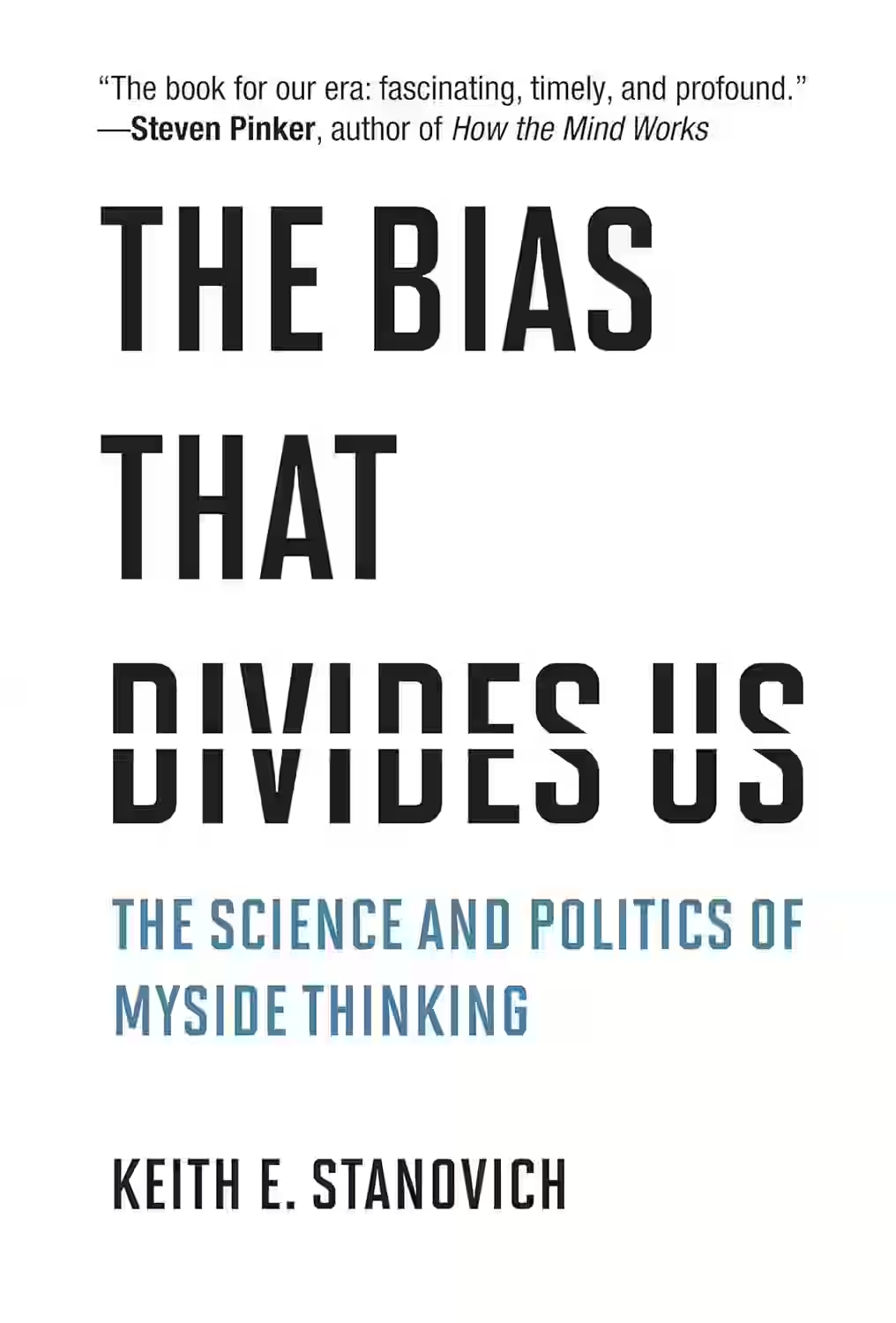
The Bias That Divides Us
Keith Stanovich explores “myside bias,” a cognitive tendency where people favor information that supports their pre-existing beliefs. The book shows how this bias undermines rational discourse, fuels political polarization, and distorts decision-making—even among highly intelligent individuals. Stanovich distinguishes between intelligence and rational thinking, arguing that education alone doesn’t guarantee cognitive objectivity. Through accessible research and examples, he offers strategies for cultivating rationality and intellectual humility. The Bias That Divides Us is a vital contribution to understanding how psychological blind spots hinder progress and how we can overcome them to think more clearly and engage more constructively.
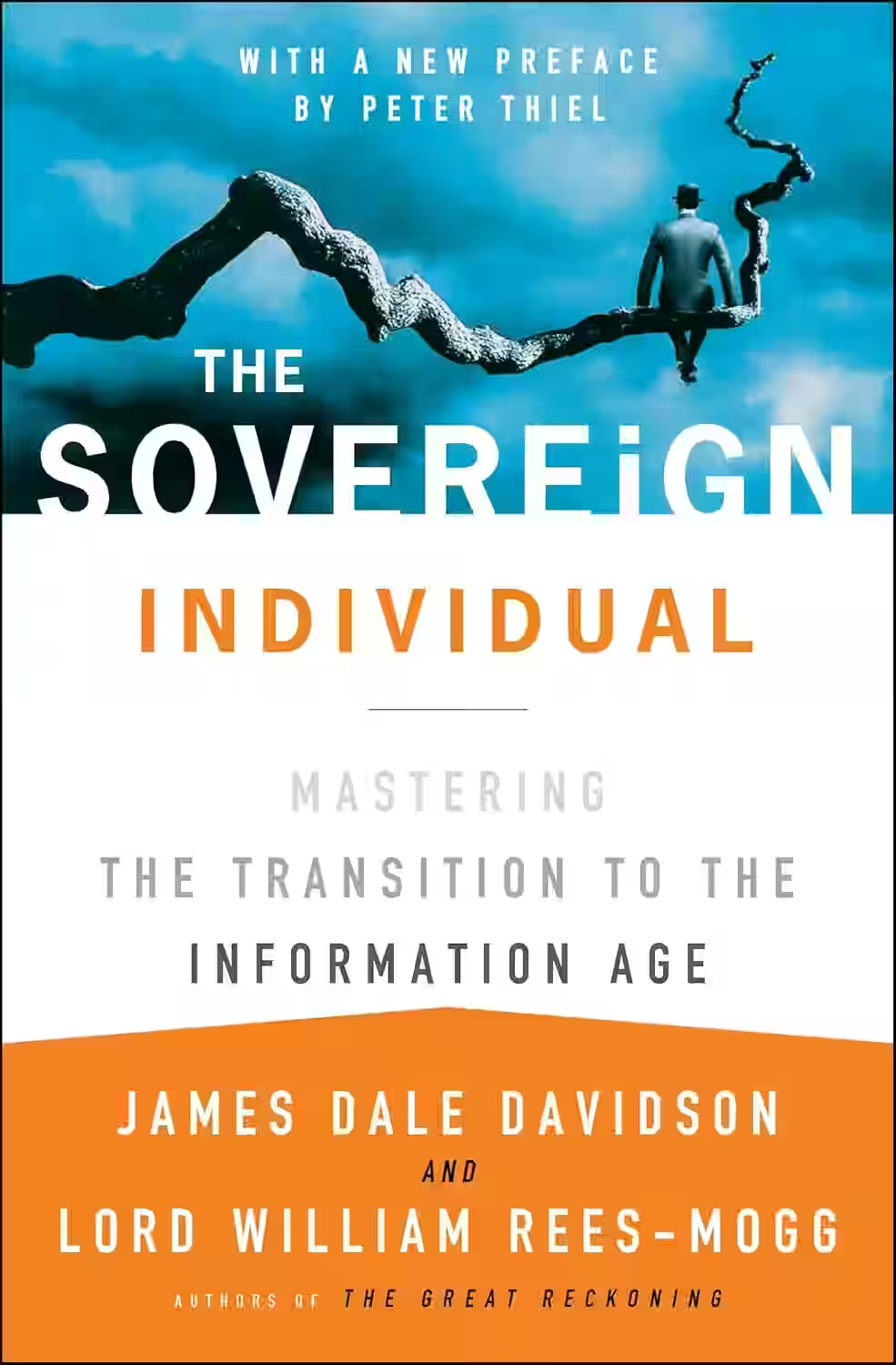
The Sovereign Individual
by James Dale Davidson, William Rees-Mogg
Published in 1997, The Sovereign Individual predicts the rise of the digital age and its impact on individual autonomy and state power. The authors argue that technological advancements, particularly the internet, will diminish the influence of governments and empower individuals to take control of their own lives. They foresee a future where traditional institutions are challenged, and personal sovereignty becomes paramount. This provocative work offers a foresightful analysis of the intersection between technology, economics, and personal freedom.
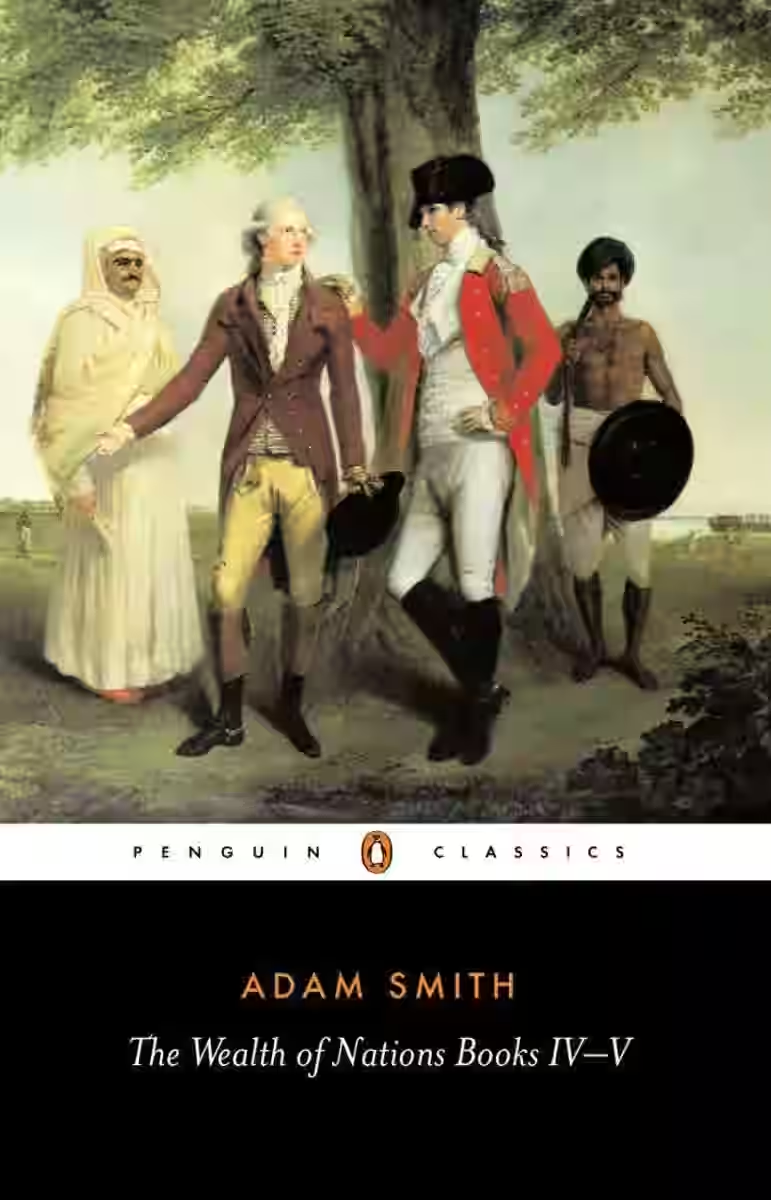
The Wealth of Nations: Books IV-V
by Adam Smith
Series: The Wealth of Nations (#2)
Books IV–V of The Wealth of Nations critique existing economic policies and propose a framework for limited but essential government intervention. In Book IV, Smith dissects the mercantile system, rejecting trade restrictions and monopolies while advocating for free trade. He critiques colonialism and tariffs, favoring open markets. Book V addresses the role of the state in education, justice, defense, and infrastructure—functions Smith sees as necessary for a stable, prosperous society. These volumes balance his case for laissez-faire economics with the need for public investment, rounding out his vision of a functional, ethical, and productive political economy.

Man’s Search for Meaning
In this profound memoir and psychological exploration, Holocaust survivor Viktor Frankl shares his harrowing experiences in Nazi concentration camps and the insights he gained. Central to the book is Frankl’s belief that even in the most inhumane conditions, individuals can endure by finding meaning in their suffering. He introduces logotherapy, his psychotherapeutic method focused on the pursuit of meaning as a primary human drive. Frankl’s reflections blend personal resilience with deep philosophical and spiritual questions, making the book a timeless meditation on hope, purpose, and the human capacity to transcend hardship in search of something greater.